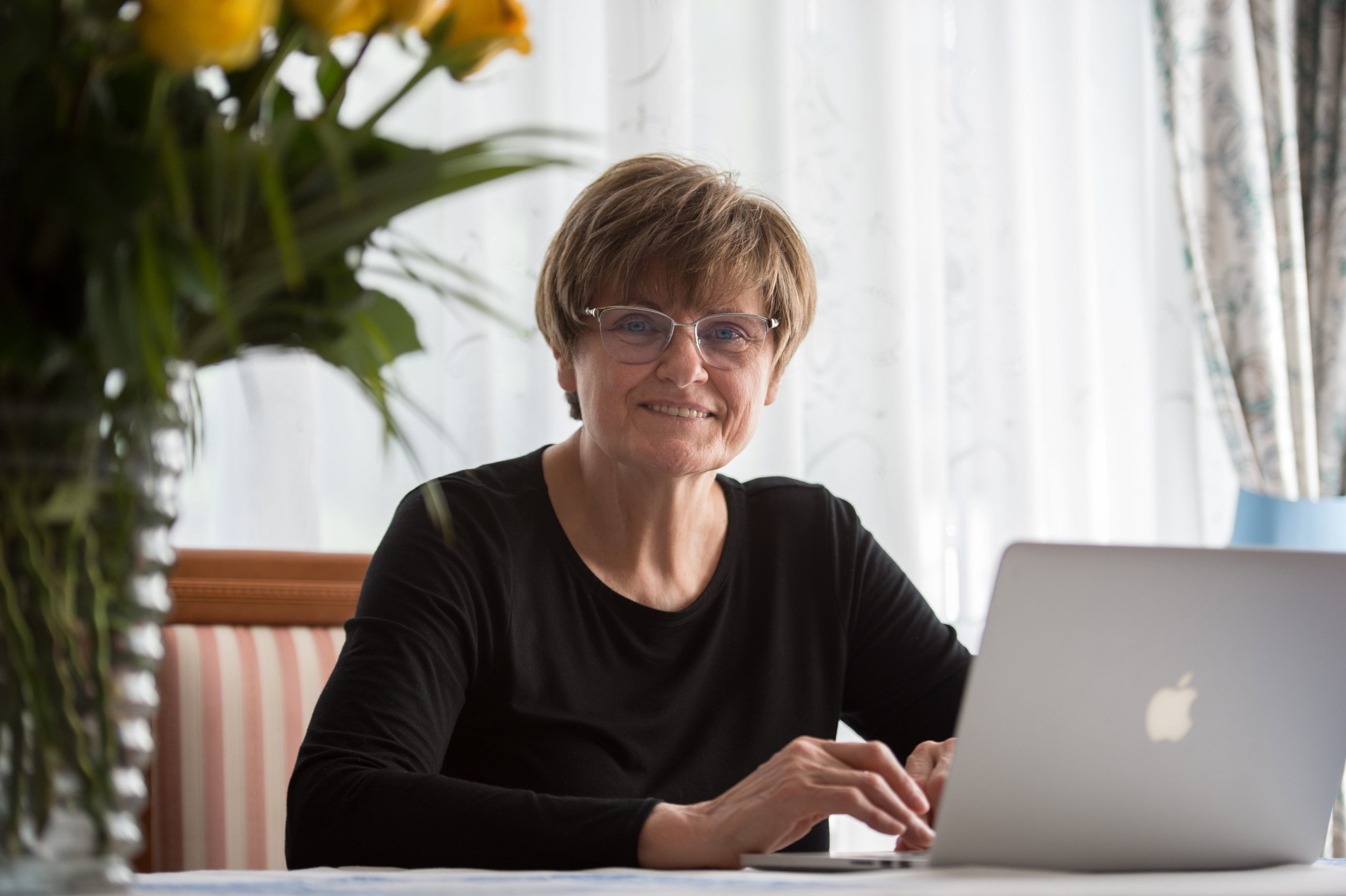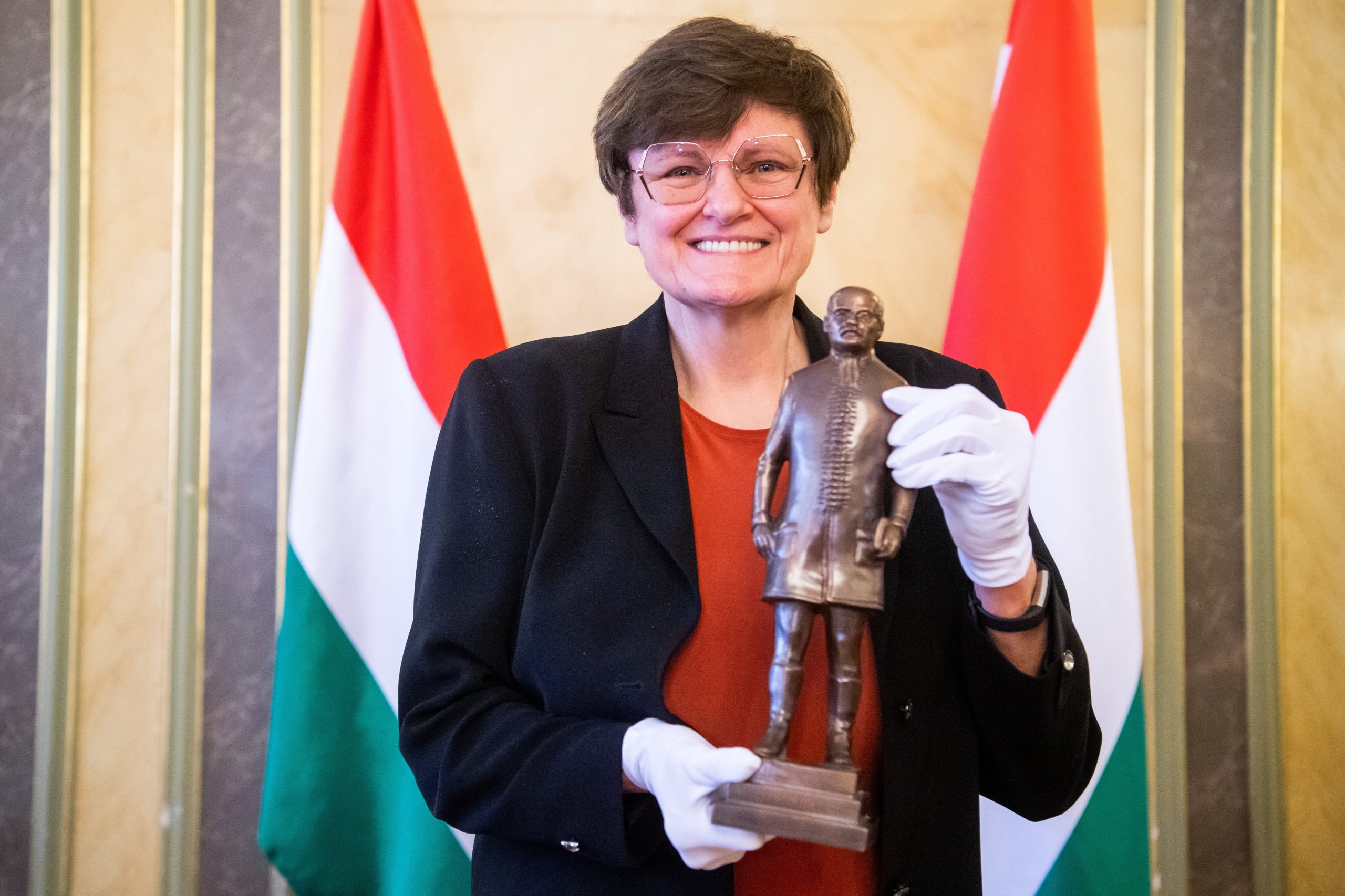
Katalin Karikó is the first Hungarian to receive the Breakthrough Prize, which is being called the 'Oscars of science.' Among the former winners we can find Stephen Hawking's name.Continue reading

Katalin Karikó, whose work was pivotal in creating the Pfizer-BioNTech coronavirus vaccine, has been mentioned for some time now as a possible Nobel Prize winner. However, she may have a chance to win not only in one category but two: chemistry and medicine (or physiology and medicine, to be more precise).
While Karikó is a molecular biologist and biochemist, her work’s goal with the mRNA technology has always been to use the findings in medicine in order to cure people. For this reason, a future win would make sense in both categories.
The signs are very good in the medical category. Karikó and Drew Weissman won the Rosenstiel Prize in February and the Horwitz Prize in August. Both prizes are seen in the scientific world as the precursor to the Nobel Prize, especially in medicine. Out of the 93 Rosenstiel winners, 36 have gone on to win Nobel Prizes, and the Horwitz Prize has been followed by a predominantly medical Nobel Prize, with a small proportion of Nobel Prizes in chemistry. Karikó and Weissman recently also won the Breakthrough Prize that many are calling the ‘Oscars of science,’ and among the former winners, we can find the name of Stephen Hawking.
While these awards are promising, there are other criteria when choosing a Nobel Prize winner. For example, the possible winners are considered based on the quality of their publications and frequency of being cited.
Fact
Hungarians have won 13 Nobel Prizes since 1905. Out of the 13, three were in the category of medicine and five in chemistry. If the mRNA pioneer would win, she would be the very first Hungarian woman to win a Nobel Prize. If she would win in both categories, she would be the first Hungarian to do so as well. The last time a Hungarian won a Nobel Prize was in 2004.
According to ChemistryViews, the most suggested Laureates are the Hungarian scientist and “Omar M. Yaghi, known for work on metal-organic frameworks (MOFs) and covalent organic frameworks (COFs). Other notable suggestions are Shankar Balasubramanian and Makoto Fujita.”
Famous British evolutionary biologist, Richard Dawkins, seems to be rooting for Karikó:
Give this woman a Nobel Prize.https://t.co/KQrjyvI2ez
UPenn "told me that they’d had a meeting and concluded that I was not of faculty quality,” she said. ”When I told them I was leaving, they laughed at me and said, ‘BioNTech doesn’t even have a website.’”
— Richard Dawkins (@RichardDawkins) December 26, 2020
The Nobel Prize winners in medicine will be announced on October 4th, and on October 6th in chemistry by the Karolinska Institutet and the Royal Swedish Academy of Sciences in Sweden.
Source: G7.hu
Featured image: Katalin Karikó with her Ignác Semmelweis Prize. Photo by Zoltán Balogh/MTI